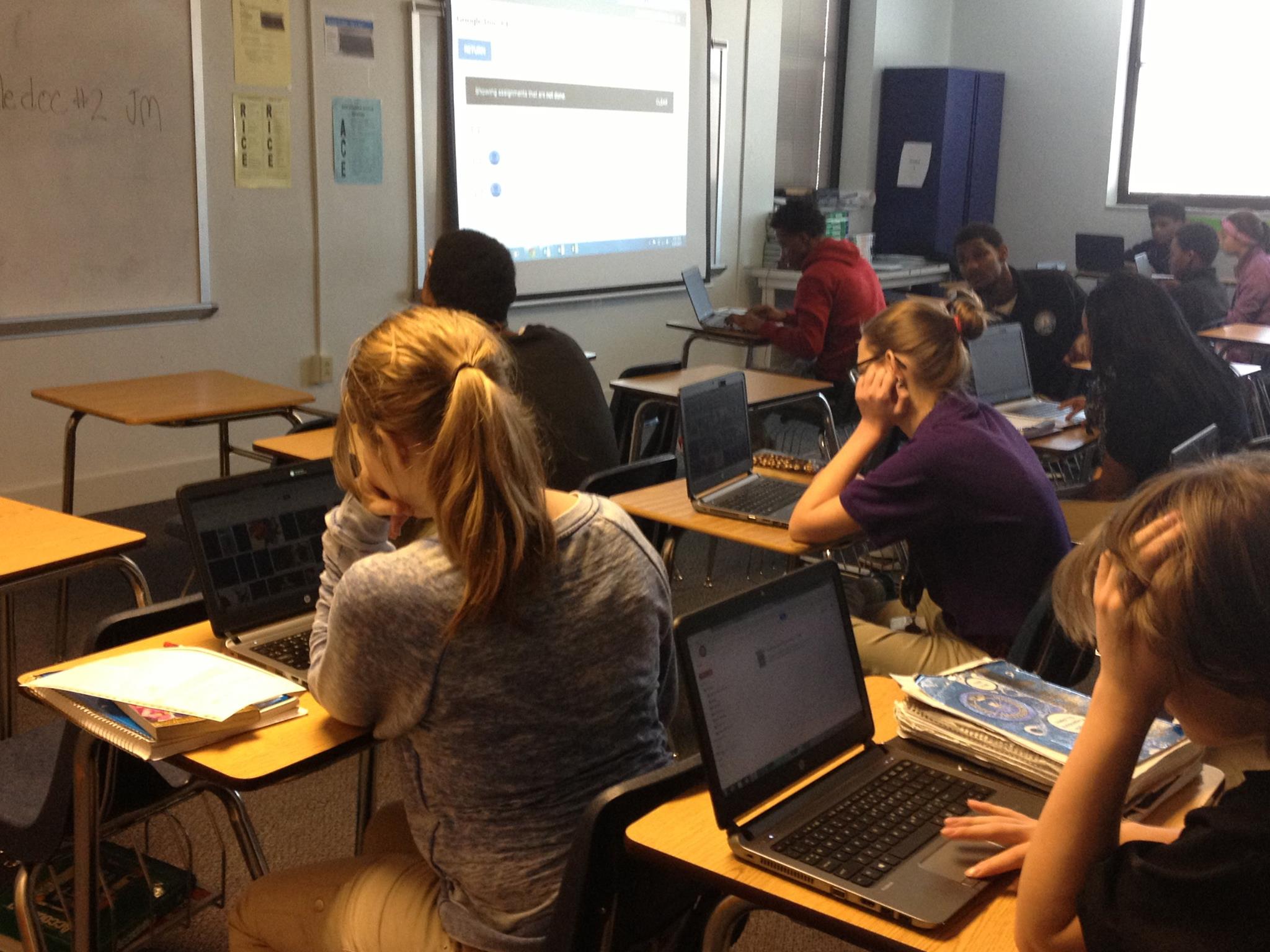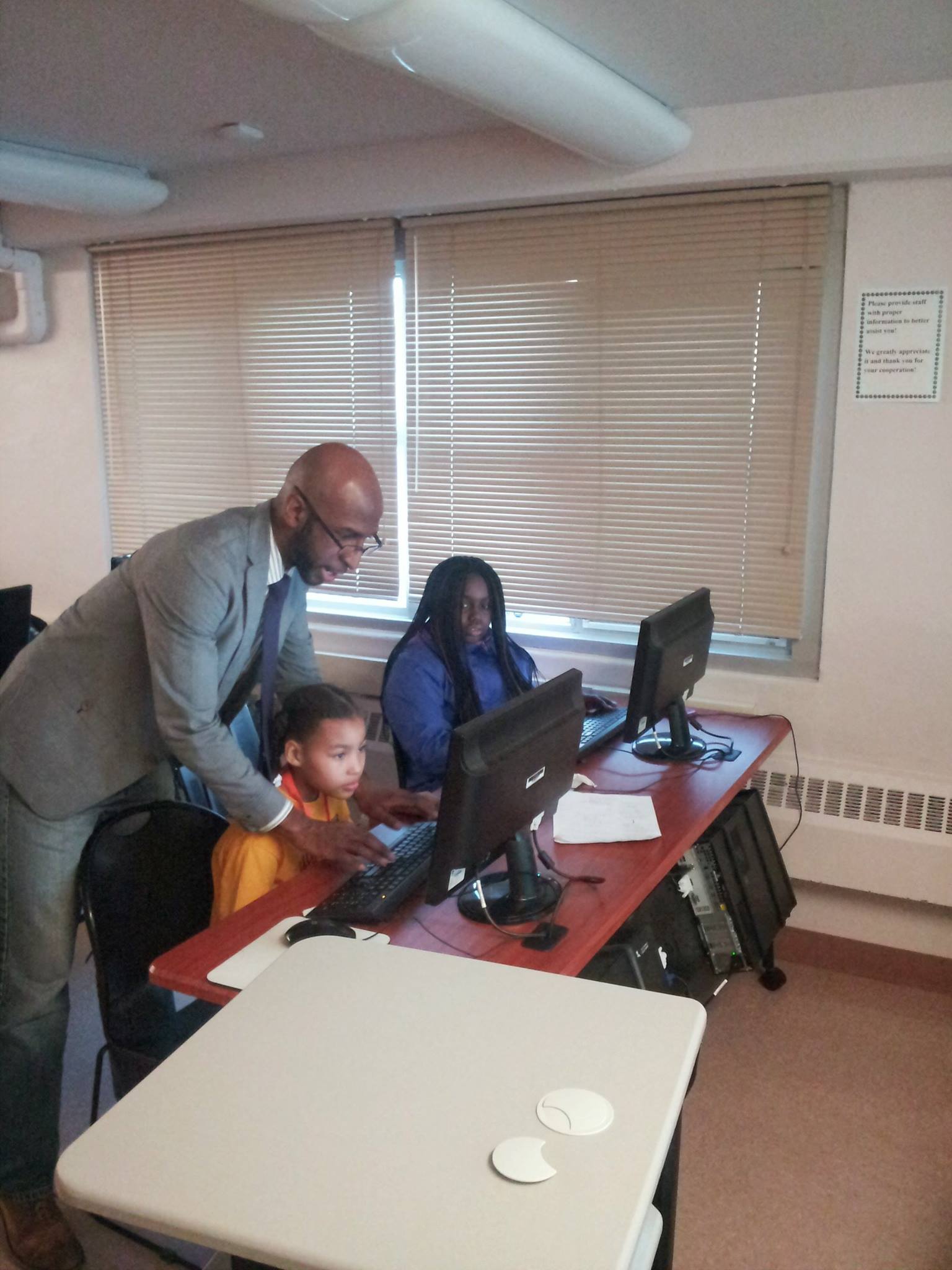
Register Now! - NEBSA 2026 Annual Conference
NEBSA 2025 Annual Virtual Conference Registration Open
FCC Tribal License Reporting Deadline Approaches
NEBSA 2023 Conference Registration
Free Webinar - T-Mobile Migration 2022 - What's Next?
FCC Releases Public Notice for EBS Auction 108
FCC Commits Nearly $64 Billion in Latest Round of Emergency Connectivity Funding
FCC Releases Notices on White Space Auction
FCC Approves Additional 2.5 GHz Spectrum Licenses to Serve Alaska Native Communities
New Chair Nominated for the FCC
NEBSA 2022 Conference Registration
Innovation and Education In 2.5 GHz Webinar
Save the Date - NEBSA 2022 Annual Virtual Conference (Feb 28 to Mar 1, 2022)
First interactive, public broadband digital map released
NEBSA Provides Informative Webinar on 2.5 GHz Issues for Tribes
SAVE THE DATE FOR AN IMPORTANT NEW WEBINAR ON 2.5 GHz LICENSES FOR TRIBAL LANDS!
T-Mobile Sponsors 2022 NEBSA Conference
Acting FCC Chief States "Homework Gap" Vote by Mid-May
FCC Creating Rules for Broadband Discount Program
NEBSA 2021 Annual Virtual Conference Closes
Do You Have Potential Regulatory Issues Lurking In Your Future?
Commissioner Jessica Rosenworcel Named as FCC Acting Chairwoman
Now that internet access can be found on every phone, not to mention on televisions, in cars, and even on our bodies, many of us might take this access as a given of everyday life. Networked devices are so ubiquitous that it’s hard for many of us to imagine what life would be like without reliable access to the content and functionality that the internet provides. Community involvement opportunities, educational resources, scholarship and job opportunities, and even access to weather information and news are difficult for those whose ability to get internet coverage is limited due to price, location, or logistical concerns.
It’s hard to do the most basic things today without connectivity; even making a simple phone call ties you to a network, and alternative modes of access—like payphones—have all but disappeared. This can leave those who can’t afford access, those in remote areas, or those in geographically difficult areas (like mountain valleys) with little to no phone or internet service.
Voqal is a collaborative group of five nonprofit organizations that began by transmitting educational video programs to schools in the mid‐1980s using frequencies regulated by the Federal Communications Commission (FCC). Today, Voqal works to advance social equity using some of the most powerful tools available: media, technology, and network access. Voqal’s efforts recognize that many of those who lack access are also marginalized in other ways: by race or ethnicity, by class, by geography, by a lack of social capital, by age, by gender or gender identity, or by citizenship status. Some are children in America’s public schools and their parents and relatives. The Educational Broadband Service (EBS) has been essential to Voqal’s initiatives since those early program transmissions. Since then, Voqal has transmitted educational programming and has expanded access in Philadelphia, Sacramento, Salt Lake City, Portland, Chicago, and elsewhere.
 Voqal’s low-cost mobile internet service, Mobile Citizen, launched in Portland, Oregon in 2009 and went nationwide in 2012. It now serves 649 organizations in all 50 states. Mobile Citizen helps educational facilities, nonprofits, and community organizations get low-cost wireless broadband access and provides equipment, training, and support. Mobile Citizen is one of Voqal's key initiatives; its web site emphasizes that “making high-quality mobile internet available at an affordable price contributes to an engaged public and ultimately a more equitable democracy.”
Voqal’s low-cost mobile internet service, Mobile Citizen, launched in Portland, Oregon in 2009 and went nationwide in 2012. It now serves 649 organizations in all 50 states. Mobile Citizen helps educational facilities, nonprofits, and community organizations get low-cost wireless broadband access and provides equipment, training, and support. Mobile Citizen is one of Voqal's key initiatives; its web site emphasizes that “making high-quality mobile internet available at an affordable price contributes to an engaged public and ultimately a more equitable democracy.”
Voqal’s many educational ventures include providing internet access, training, and support to low-income seniors and others at Ashbury Senior Computer Community Center, an inter-generational nonprofit in Cleveland, Ohio. Classes for seniors teach grandparents how to use email, web browsers, and internet search tools, perhaps for the first time in their lives. They download snapshots of their grandchildren or send their first tweet about an issue that affects them.
For younger users, access means being able to use the internet for homework and information or getting involved in the world that the internet opens up to users of every age. Part of the purpose of Voqal is to ensure that those who have traditionally been underserved get the same internet access as everyone else; as Voqal’s first-ever annual report states, “As a collective of EBS licensees, Voqal is committed to using the airwaves to benefit the public.”
Voqal’s Director and Founder, John Schwartz, is Vice Chair of NEBSA’s Executive Committee, and he has long been a member of the NEBSA board. News of FCC filings and actions help drive projects at Voqal, and just as Voqal participates in EBS spectrum advocacy, NEBSA’s many members share experiences, network, collaborate, and present their data and experiences with EBS-related projects at conferences, on the NEBSA blog, and in articles published on the NEBSA web site.
Voqal focuses on how technology access and training can promote social equity. Other groups focus on educational broadcasting, providing equipment and network access within rural communities, promoting community involvement, expanding communication and emergency services, or advocating for greater EBS access. NEBSA is part of this important work, supporting and connecting groups and individuals from all over the country who wish to use the EBS spectrum in creative ways.
For more information:
Voqal’s web site: https://voqal.org/
Voqal’s Mobile Citizen site: https://voqal.org/initiatives/mobile-citizen/
Voqal’s 2016 Annual Report: https://voqal.org/wp-content/uploads/2014/03/Voqal_2016_AR_vf.pdf